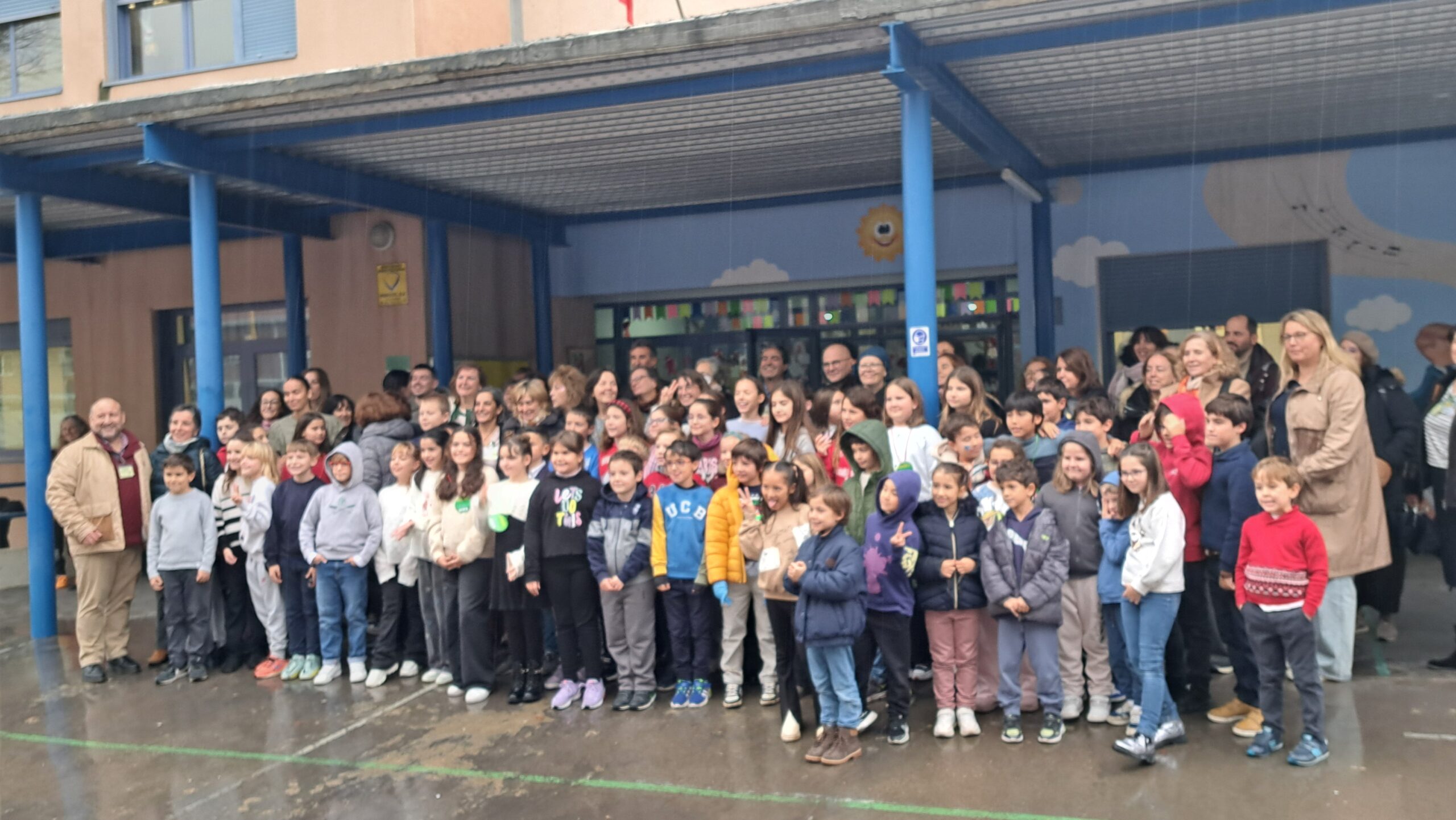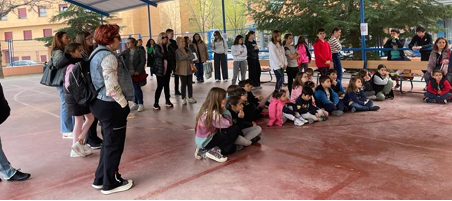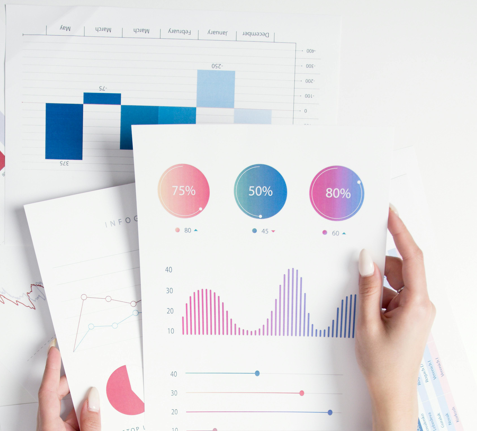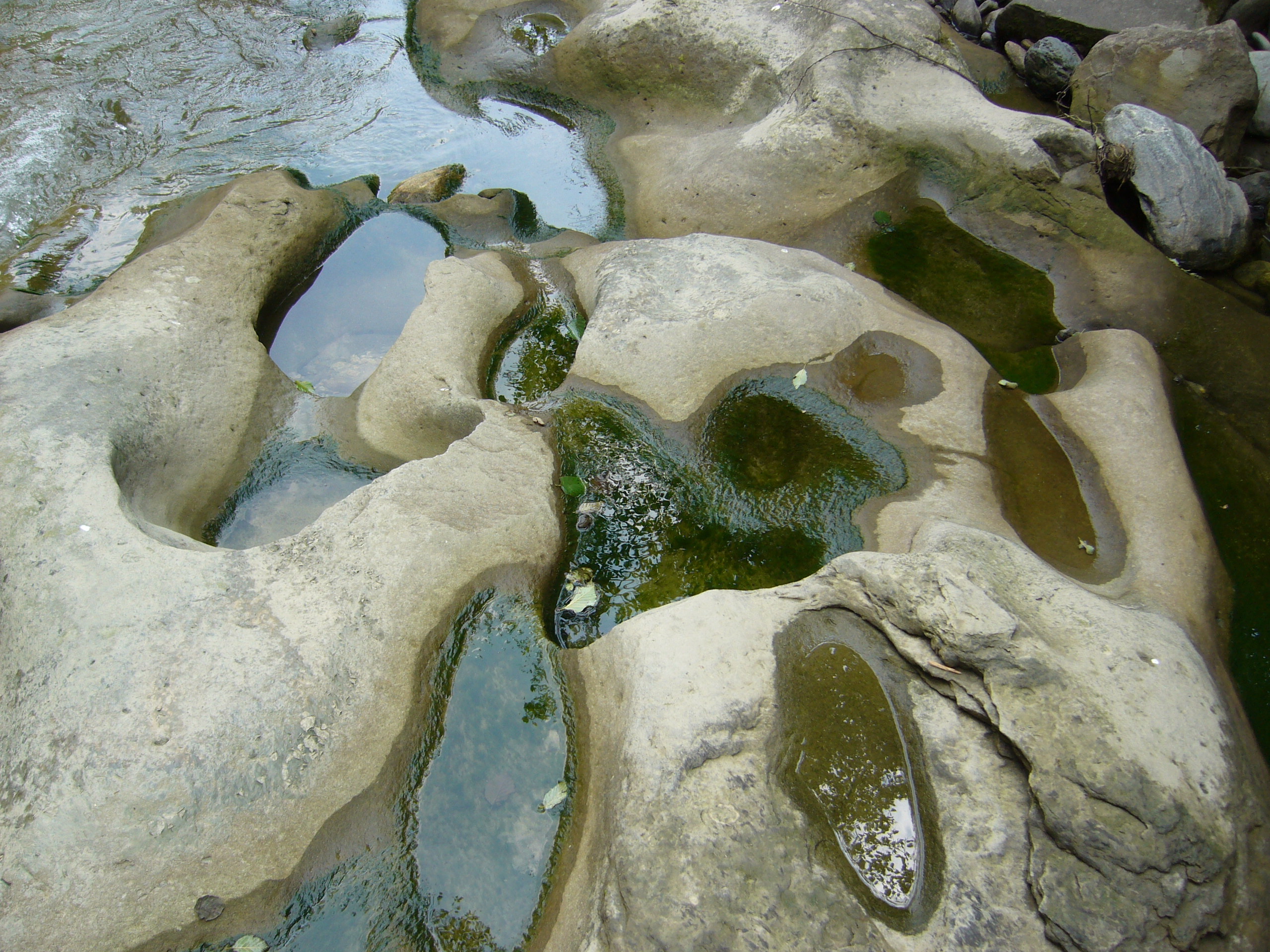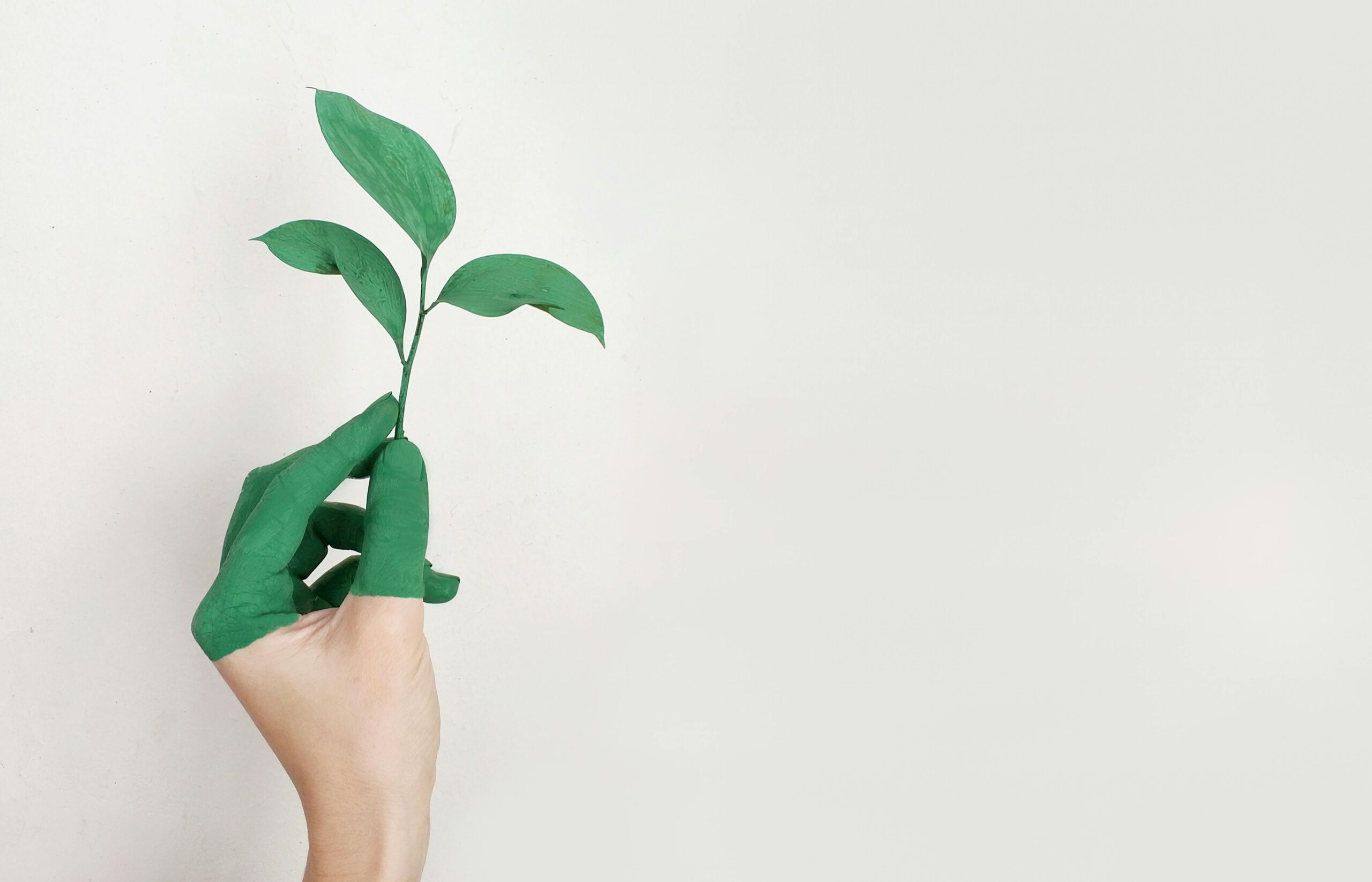Marian Constantin
ECF4CLIM: What We Planted Will Grow
ECF4CLIM: An Ending That Marks a New Beginning December 2025 marked the official end of the ECF4CLIM project. After several years of collaboration, experimentation and shared learning, the project reached its conclusion—but not its end. The journey closed with the Final Conference held in Madrid, hosted by CIEMAT from 10 to 12 December 2025. More
Sustainability in Everyday Life: What Students Should Learn to Take Action
Extreme weather events are becoming more visible in our daily lives. Heavy rains can flood cities because drainage systems can’t handle the volume of water. At the same time, local authorities sometimes blame the weather instead of maintaining infrastructure, like clearing blocked drains. This shows an important lesson: we can’t control natural events, but we
ECF4CLIM Final Conference, Madrid, 10–12 December 2025
The Final Conference of the ECF4CLIM Project will be hosted by CIEMAT in collaboration with the Madrid demonstration site. Over three days, researchers, educators, policymakers, students, and community partners from across Europe will come together to review the project’s achievements and explore future pathways for strengthening sustainability competences through education. Day 1 focuses on a
From Results to Real Impact: How ECF4CLIM is Powering Change in Sustainability Education
As the ECF4CLIM project moves into its final phase, one message has become clear: our work doesn’t end when the research is complete — it begins when the results start to live in schools, universities, and communities. Over the past three years, ECF4CLIM has developed and tested a wide range of methods, tools, knowledge resources,
Schools as Living Labs: What We Learned from ECF4CLIM Interventions
How do you turn a school into a driver of sustainability? Over the past two years, ECF4CLIM Demonstration Sites (DSs) across Europe have been testing exactly that—through small but powerful interventions designed and led by their own educational communities. From solar panels and biodiversity corners to second-hand markets and waste reduction schemes, more than 100
AI in Education for Sustainability: Friend, Coach, or Trap?
We’re living in a world where technology changes faster than the latest social media trend. And right there, riding the tech wave, is Artificial Intelligence (AI) — a tool that’s showing up more and more in schools. One of the coolest things AI can do? Help you write! Whether you’re working on a school essay,
Meta-Skills and Education for Sustainability: Building Future-Ready Citizens
In the face of climate change, biodiversity loss, and rising social inequalities, education for sustainability is not just an academic goal—it’s a moral and practical imperative. However, fostering sustainable thinking goes far beyond memorizing environmental facts or promoting green habits. It requires cultivating meta-skills: deep, transferable capacities that empower learners to adapt, lead, and design
Meta-Competences in a Changing World
We’re living in a time of rapid change—fueled by artificial intelligence, climate challenges, and new ways of working. As students and teachers, it’s natural to wonder: What should we really be learning and teaching today to prepare for the world of tomorrow? The answer goes beyond memorizing facts or learning specific technologies. What we need
ECF4CLIM 5th General Assembly: A Week of Collaboration, Innovation, and Impact in Tampere
The fifth General Assembly of the ECF4CLIM project was successfully held in Finland, organized by the University of Jyväskylä at Aito toimintakeskus, in with insightful visits to demonstration sites in Tampere. This pivotal event brought together partners, stakeholders, and experts for a dynamic and collaborative week focused on evaluating progress, exchanging ideas, and shaping the
Best Intervention Award, Tampere, 2025 May 21
The ceremony was organized to celebrate creativity, collaboration, and the power of positive change in our schools and universities. Over the past two years, students and teachers from different institutions have worked side by side to design and implement interventions aimed at improving school life, infrastructure, and education for sustainability. A jury has reviewed the
